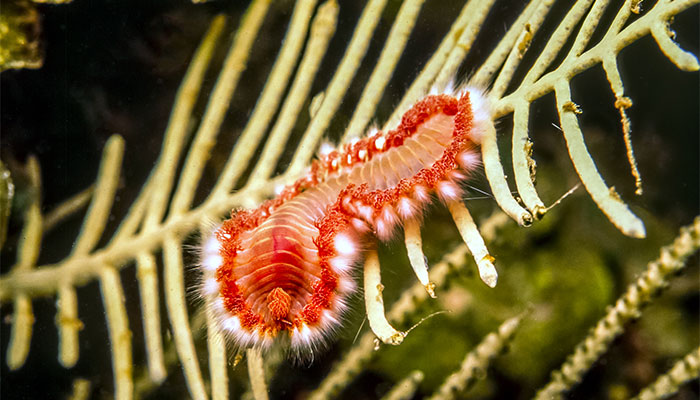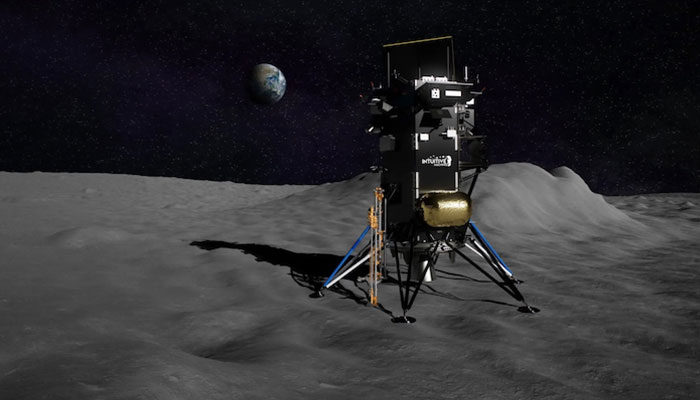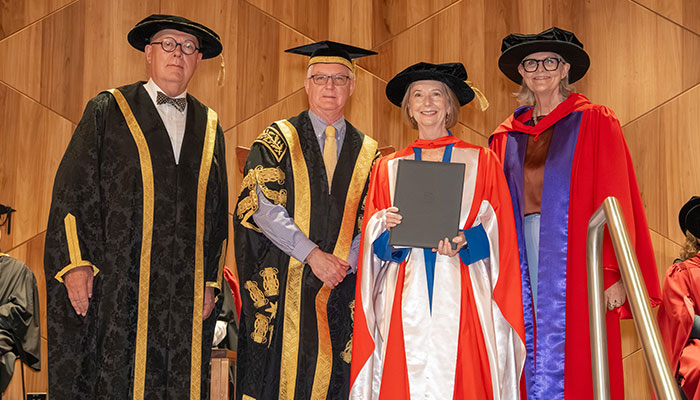He’s developing special techniques to make precision glass chips that can channel and process light in three dimensions.
The work has earnt him a 2018 Young Tall Poppy Science Award, announced overnight as part of the Sydney Science Festival. The applications of Simon’s technology are broad. His techniques use an ultrafast laser that can be focused with pinpoint accuracy in three dimensions within blocks of non-conducting transparent glass, polymer or crystalline material. The laser emits a burst of light for only a few millionths of a billionth of a second, but with the power of a quadrillion suns. This changes the structure of the material at the point which it is focused.
By moving the material through the tightly focused laser beam an operator can inscribe in three dimensions integrated circuits of fine photonic ‘wires’ about one-tenth the width of a human hair and similar to optical fibres.
The Young Tall Poppy Science Awards recognise and celebrate outstanding young researchers who are also passionate about communicating their science and engaging with the community. It is run in each state and territory in Australia by the Australian Institute of Policy and Science (AIPS).
“I feel very honoured to have received this prestigious award and looking forward to share my passion for research and technology with the wider community,” says Simon. “My future research is focusing on more complex and even higher performing optical chips to increase the sensitivity of the planet-hunting instrument and further scale the fibre data transmission capacity for faster Internet, as well as improving our understanding of the physical mechanism involved in the interaction between intense laser light and optical glass. “I’m also involved in commercialising the technology through the Macquarie University spin-off Modular Photonics to increase data rates and helping the Internet to grow.”
Simon is currently an ARC DECRA fellow with the Macquarie University Photonics Research Centre. He received his PhD in Physics from Macquarie in 2013, and his MSc in Microelectronics from the Vienna University of Technology in 2008.
As part of the Young Tall Poppy campaign, award winners will spend a year sharing their knowledge with school students, teachers and the broader community through workshops, seminars and public lectures.
Young Tall Poppies are nominated by their peers and are early career researchers who have under 10 years of post-doctoral experience. Selection is based on research achievement and leadership potential. Over 500 young scientists have been honoured nationally since the awards were established in 2000.
The AIPS is an independent, not-for-profit organisation that works to promote excellence in research and innovation, increase public engagement in science, and inform and influence policymaking.



